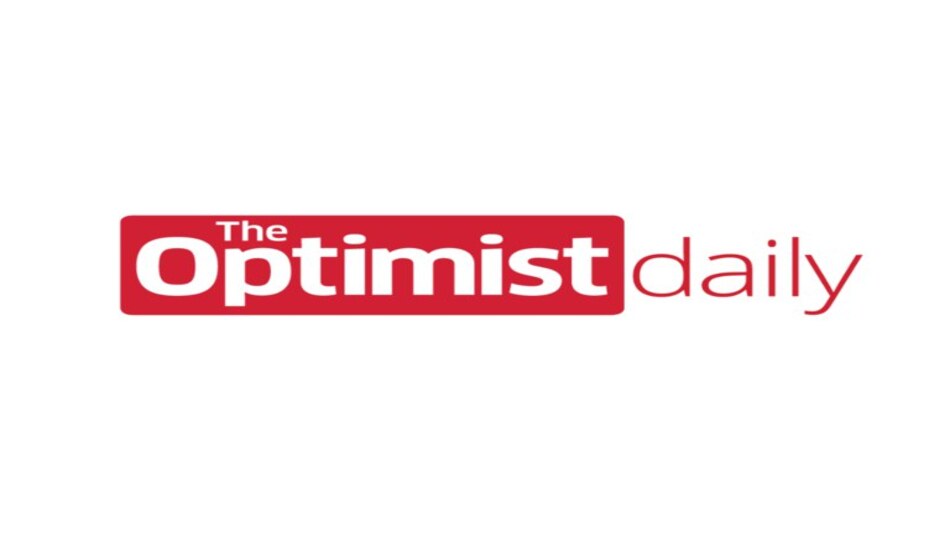If you find yourself reading the news more often during times of crisis, it’s because news sources have actually become part of our flight or fight instinct. They provide us with the information we need to make decisions about how to ensure our own livelihood, but how do you stay educated without letting the inundation of news overwhelm you?
Reading accurate, unbiased news sources is important for staying up to date on critical happenings around the world. Shutting yourself off from reality isn’t the solution, but overconsumption of news can push your stress levels into overdrive. So here’s how to limit your news intake effectively.
First of all, there’s no “right” amount of news intake, but managing the time you spend reading or watching the news, and the sources you focus on, will help you be a more efficient news absorber. Consider setting a timer for yourself (20 minutes to an hour) to focus on learning about what’s going on in the world. Choose a few key reliable news sources to focus on and dig in.
Consider taking other physical steps, like removing your phone from your bedroom when you’re sleeping and your desk when you’re working to limit getting drawn into those tempting notifications.
Choosing what time we read the news can also be impactful. Over breakfast, during your lunch break, or in the evening when you finish work are all great options. Last week we discussed better sleep habits, and reading distressing news right before bed isn’t one of them.
Reading the news can be distressing even when there isn’t a pandemic sweeping the globe. How much and what type of news you take in is a personal decision, but if you find yourself stressed out about current events, consider altering your media habits to be more efficient and practical. The solution is not to cut out news altogether, but to be smarter about how you interact with media outlets. Check out our article on ways to spot misinformation online to vet your sources and be strategic about how and when you open that news app or turn on the TV.












